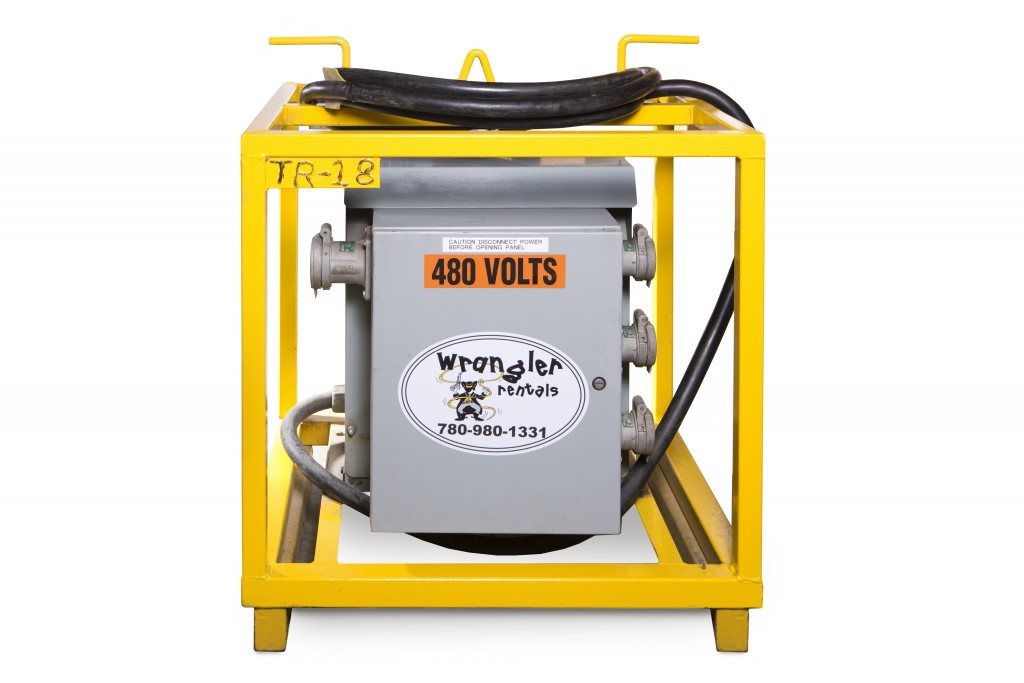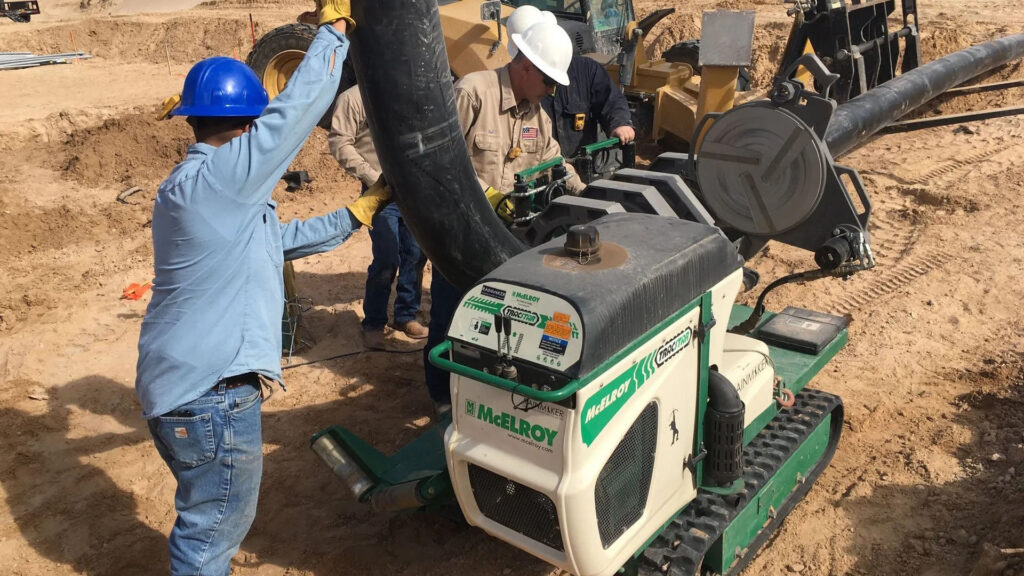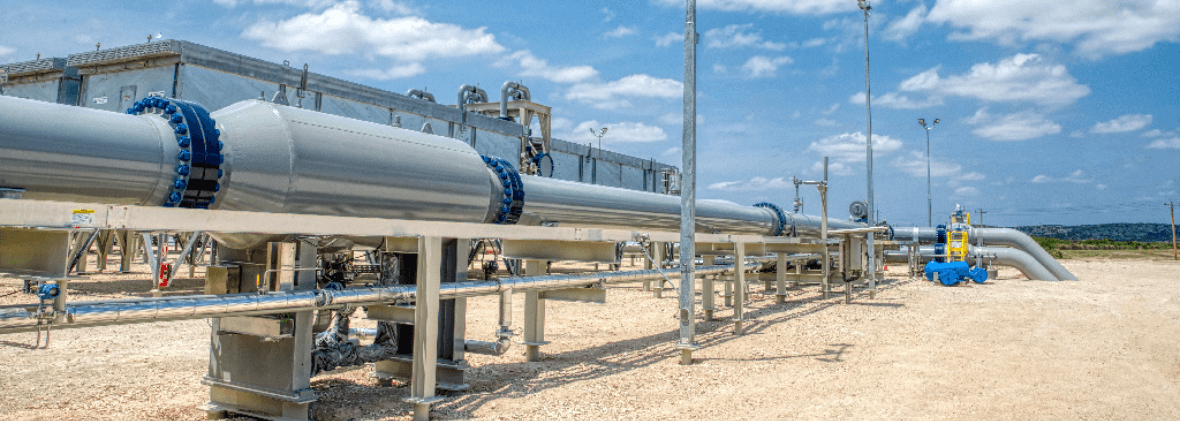A Comprehensive Guide to the Various Kinds Of Oil Field Equipment and Pipeline Equipment Available
The oil and gas sector depends greatly on customized equipment for reliable removal and transportation. Different sorts of equipment, from piercing rigs to tank, play crucial duties in this complex procedure. Each item of equipment offers distinct features that add to total operational success. Recognizing these elements is necessary for anyone associated with the industry. As the market advances, so as well do the innovations that support it. What developments are on the horizon?

Drilling Rigs: The Foundation of Oil Expedition
Drilling rigs work as the crucial machinery in the domain name of oil exploration, making it possible for companies to accessibility hydrocarbon books hidden deep below the Earth's surface area. These rigs come in different kinds, including land rigs, offshore rigs, and mobile units, each designed to operate in particular atmospheres. Furnished with sophisticated modern technology, drilling rigs can pass through geological formations with precision, making certain efficient resource extraction. The architectural integrity and functional capacities of these rigs are important, as they have to withstand extreme problems and substantial stress. The selection of a boring gear influences the total job expense and timeline, making it an important factor to consider for oil business looking for to optimize their exploration initiatives and maximize productivity in their procedures.
Pumps: Necessary for Fluid Motion
In the oil removal process, the duty of pumps is significant, promoting the motion of liquids throughout various phases of manufacturing. Pumps are important for transporting petroleum, water, and various other fluids from underground storage tanks to the surface area and after that through pipes to refineries. They come in various kinds, including centrifugal, favorable displacement, and completely submersible pumps, each serving specific objectives based on the liquid characteristics and functional requirements. Centrifugal pumps are typically utilized for their effectiveness in high-flow applications, while favorable displacement pumps master managing thick liquids. The option of pump effects overall efficiency, operational safety, and maintenance expenses. Correct option and upkeep of pumps are crucial for optimizing manufacturing and minimizing downtime in oil area operations.
Valves: Managing Flow and Pressure

Valves play an important duty in taking care of the circulation and stress of liquids within oil fields and pipelines. Different kinds of shutoffs offer unique applications, each created to fulfill specific functions fundamental for effective procedure - Superior Oilfield pipeline equipment rentals. Recognizing the attributes and uses of these valves is essential for optimizing system performance and safety
Sorts of Valves
Necessary elements in oil field procedures, valves play a crucial duty in managing the flow and stress of liquids within pipelines and equipment. Numerous sorts of valves are made use of to satisfy the varied demands of oil and gas production. Usual kinds include gateway valves, which supply a straight-line flow and very little stress decline; globe shutoffs, understood for their throttling capacities; and ball valves, identified for their quick on/off control. Additionally, check valves stop backflow, while butterfly valves use a light-weight service for managing flow. Each valve type is made with particular materials and setups to endure the rough conditions typically found in oil fields, making sure integrity and effectiveness in procedures. Comprehending these kinds is critical for effective system management.
Valve Applications and Functions
While different kinds of valves serve distinct purposes, their main applications focus on regulating circulation and stress within oil and gas systems. Shutoffs such as entrance, world, and sphere shutoffs control liquid movement, making sure peak performance and safety. Gate valves are typically made use of for on/off control, providing marginal circulation resistance. Globe shutoffs, on the other hand, deal precise circulation policy, making them ideal for throttling applications. Sphere valves are favored for their quick operation and tight securing abilities. In addition, stress relief shutoffs are vital for stopping system overpressure, guarding equipment integrity. Generally, the suitable option and application of shutoffs boost operational effectiveness, guaranteeing the trusted transport of oil and gas via pipes and processing centers.
Compressors: Enhancing Gas Transportation
Compressors play a crucial duty in the effective transportation of gas, guaranteeing that it moves efficiently through pipelines over lengthy ranges. These devices boost the pressure of all-natural gas, allowing it to get rid of friction and altitude changes within the pipeline system. In addition, compressors assist in the balancing of supply and need, suiting changes in consumption and manufacturing prices. Various kinds of compressors are utilized in the industry, consisting of centrifugal, reciprocating, and rotary screw compressors, each offering unique benefits based on the functional needs. Regular upkeep of these compressors is vital to make best use of efficiency and decrease downtime, inevitably adding to a trustworthy gas transport network. Their crucial function underscores the significance of compressors in the general oil and gas framework.
Storage Tanks: Safe and Efficient Liquid Monitoring
Efficient transportation of gas depends on different support group, among which is the proper administration of tank. These containers play a necessary function in securely including liquids, ensuring that functional effectiveness is preserved while decreasing ecological risks. Built from durable materials, they are made to endure high pressures and destructive components. Effectively sized and tactically situated, storage space containers assist in the smooth circulation of gas and other fluids, avoiding traffic jams in supply chains. Normal maintenance and tracking are important to identify leaks or architectural issues, advertising security and conformity with regulative standards. Eventually, the efficient management of storage containers is important for the total honesty and dependability of the oil and gas sector's liquid handling systems.
Pipeline Systems: Facilities for Transportation
Pipeline systems act as the foundation of the oil and gas industry, helping with the reliable transport of hydrocarbons over large ranges. These systems contain various parts, consisting of pipelines, valves, pumps, and compressors, all thoroughly created to guarantee smooth flow. The materials made use of in pipeline construction, frequently steel or high-density polyethylene, are chosen for durability and resistance to rust. Pipeline networks can extend throughout land and water, attaching production sites to refineries and circulation. In Superior Oilfield Rentals oilfield addition, progressed modern technology enables real-time monitoring of flow rates and stress levels, enhancing functional performance. The strategic positioning of these pipes lessens environmental influence while taking full advantage of source access, consequently playing a vital function in conference energy demands worldwide.
Safety Equipment: Making Certain Worker and Environmental Defense
The operation of pipeline systems, while essential for power transport, also presents significant security obstacles for employees and the atmosphere. Safety and security devices plays a substantial duty in reducing these threats. Individual safety equipment (PPE) such as headgears, handwear covers, and non-slip shoes safeguards workers from physical risks. Furthermore, gas detection systems keep an eye on for leaks, ensuring that unsafe compounds do not pose a risk to personnel or the surrounding ecosystem. Emergency closure systems are vital for swiftly halting operations during a dilemma, protecting against possible disasters. Spill control materials, including absorbents and obstacles, are fundamental for decreasing environmental influence. On the whole, spending in comprehensive security equipment is important for maintaining operational stability and shielding both workers and the environment in the oil and gas market.

Often Asked Inquiries
How Do I Select the Right Oil Field Equipment for My Project?
Choosing the ideal oil field tools includes examining task specifications, budget plan constraints, and operational needs. Take into consideration aspects such as devices reliability, compatibility with existing systems, and the supplier's track record to ensure peak efficiency and safety.
What Are the Maintenance Needs for Oil Field Equipment?
Upkeep demands for oil field tools consist of regular inspections, lubrication, and timely repair work. Operators needs to additionally adhere to manufacturer standards, display performance metrics, and warranty compliance with safety and security guidelines to improve durability and efficiency.

Just How Can I Make Sure Conformity With Environmental Rules?
To guarantee compliance with ecological policies, firms must carry out routine audits, implement best methods, buy training, preserve proper paperwork, and remain updated on legislation (Superior rentals squeeze tools). Cooperation with ecological agencies can additionally boost adherence to regulations
What Is the Typical Lifespan of Pipeline Equipment?
The average life expectancy of pipeline equipment normally ranges from 20 to half a century, depending on elements such as material top quality, environmental problems, and upkeep techniques. Normal inspections can greatly influence longevity and operational performance.
Exactly how Do I Securely Transport Oil Field Equipment to Remote Locations?
Transferring oil field devices to remote locations requires careful preparation, consisting of route analysis, protecting authorizations, using appropriate lorries, and ensuring security procedures are complied with. Proper training and communication amongst crews are important for successful transport.